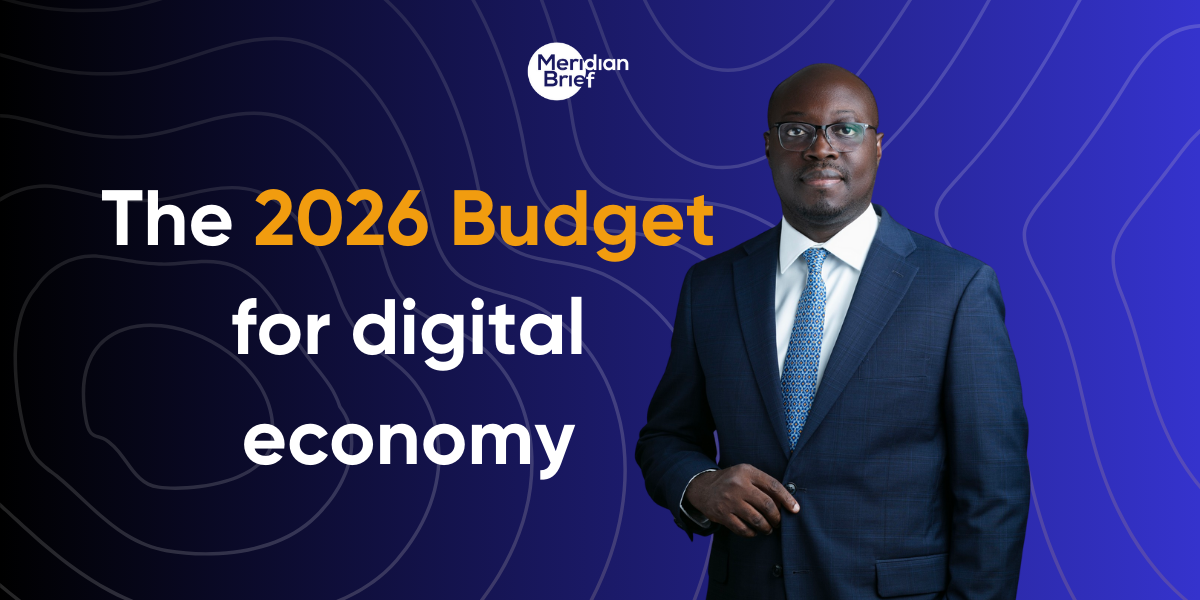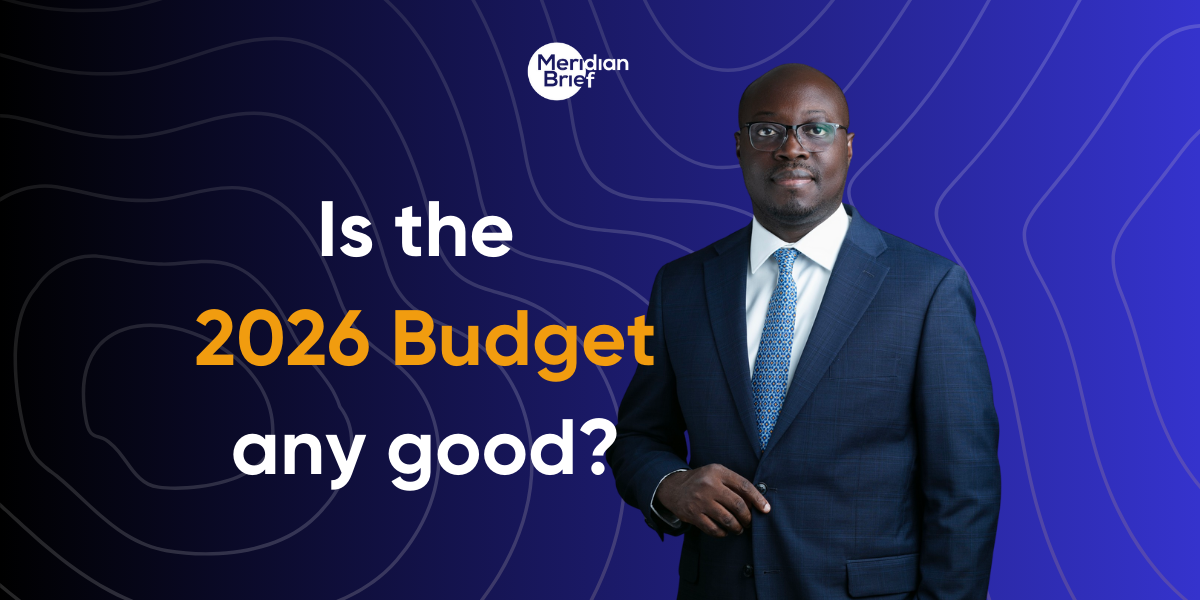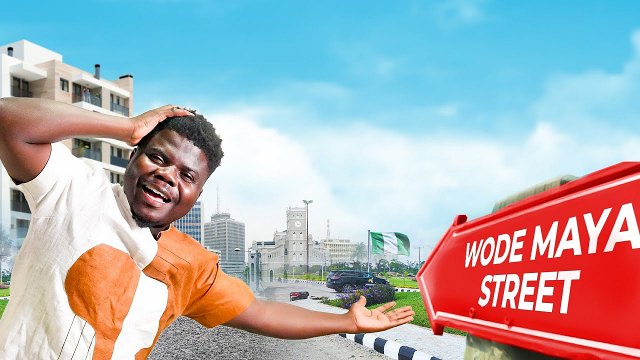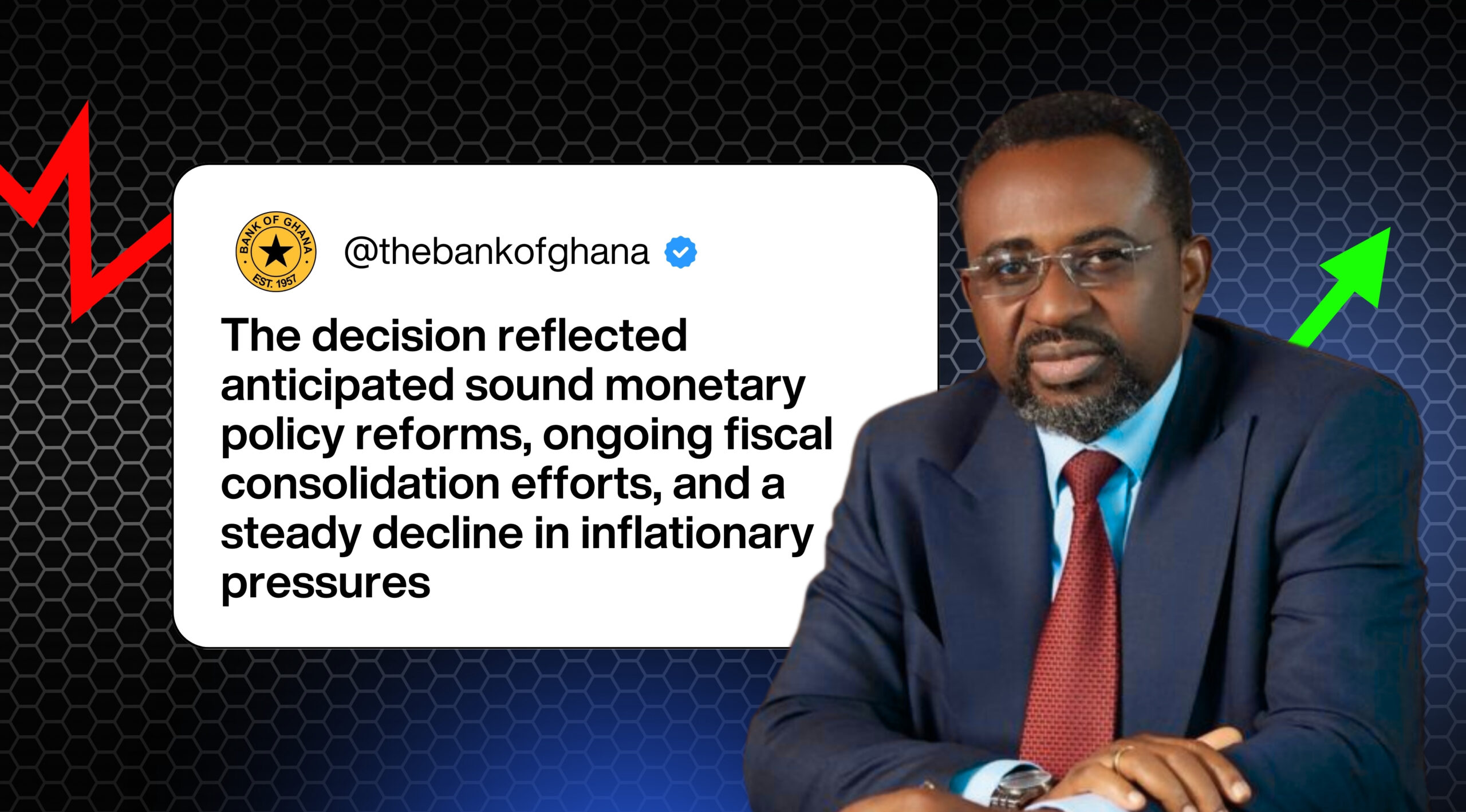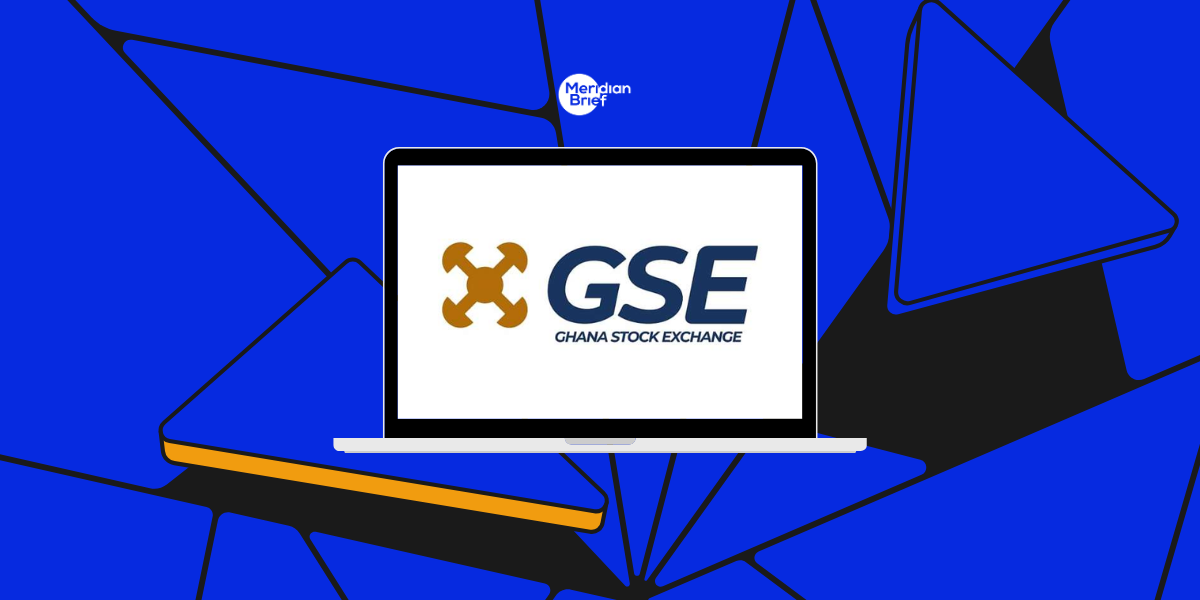African startups secured $93 million in August 2025, marking one of the quietest months for funding this year.
African Startups Raised $93 Million in August, with Nigeria, Egypt, and Kenya Leading the Way

Venture funding in Africa has always been a story of peaks and troughs, but August 2025 presented one of the sharpest dips in recent memory. Startups across the continent managed to raise a total of $93 million during the month, a figure that positions August as the second-slowest month of the year. Only March was quieter, when the tally barely crossed the $50 million mark.
For an ecosystem accustomed to headline-grabbing deals in the hundreds of millions, this slowdown was impossible to ignore. Yet, behind the topline numbers lies a more complex picture, one that suggests resilience and cautious optimism rather than outright decline.
A Sharp Decline Compared to July
To understand the scale of the fall, one must look back at July. In that month alone, African startups raised $550 million, largely propelled by debt financing. August’s $93 million represents an 83 percent drop from July, and such a sharp decline immediately raises eyebrows.
But context matters. Compared to the same month last year, the performance looks less grim. In August 2024, African startups secured only $56 million. This means the $93 million raised last month is actually a 66 percent increase year-on-year. Venture markets are volatile by nature, and African funding cycles often reflect the global macroeconomic climate, investor sentiment, and local regulatory conditions.
So while August looks poor in isolation, the bigger picture suggests progress.
Equity Makes a Comeback
Perhaps the most significant detail in the August data is the composition of the funding. Roughly three-quarters of the $93 million came in the form of equity investment. The remaining quarter was debt. This matters because July’s blockbuster month was almost entirely debt-driven. Out of $550 million raised in July, $493 million—or 89 percent—was debt.
Debt financing has been on the rise in African venture capital. Since the start of 2025, about 45 percent of total startup funding has come from debt. That is a steep increase from June, when the share was 28.5 percent. For comparison, debt made up 33 percent of funding in the same period in 2024 and 38 percent in 2023.
The August rebound of equity funding signals that investor appetite for ownership stakes is still alive. For startups, equity often brings not only money but also mentorship, strategic networks, and patient capital. Debt can fuel rapid expansion, but it also increases repayment obligations, which can strain young companies in tough markets.
A “Quiet but Not Concerning” Month
Industry analysts were quick to point out that August’s numbers, though subdued, should not be read as a warning sign. In its monthly report, Africa: The Big Deal noted that while August was relatively quiet compared to July, it still exceeded last year’s performance. The number of startups that managed to raise at least $100,000 was also consistent with previous years.
“August was a relatively quiet month on the fundraising front for startups in Africa, especially if we compare it to July, which was extraordinarily busy. But this is not really a cause for concern. The amount raised is still higher than August last year, and the number of startups who raised is comparable to 2024 and 2023,” the report said.
In short, August was an outlier, not a collapse.
Who Raised What: The Key Deals
Despite the overall slowdown, 33 African startups secured at least $100,000 in August. Their stories illustrate the diversity and ambition of the continent’s entrepreneurial scene.
Koolboks (Nigeria) – $11 Million
At the top of the list was Nigerian solar-powered cooling startup, Koolboks. The company raised $11 million in a Series A round that blended equity, debt, and grants. Investors included KawiSafi Ventures, Aruwa Capital, and All On, while FFEM and bpifrance provided debt financing. Multiple grant-making bodies such as Innovate UK and the Shell Foundation also contributed.
Koolboks plans to channel the funds into building its first assembly plant in Nigeria, advancing its mission to make refrigeration affordable and sustainable in underserved markets.
Hewatele (Kenya) – $10.5 Million
Kenya’s Hewatele, a health technology company specializing in medical oxygen, closed a $10.5 million round from AfricInvest’s Transform Health Fund. The investment will finance a large-scale liquid oxygen production facility. In a region where hospitals struggle with reliable access to oxygen, the deal has immediate health and economic implications.
Breadfast (Egypt) – $10 Million
Egypt’s grocery delivery and e-commerce startup Breadfast raised $10 million in a Series B round led by Novastar Ventures with support from the European Bank for Reconstruction and Development. Breadfast will use the funds to expand fulfillment centers across major Egyptian cities and develop its payments platform, Breadfast Pay.
Chowdeck (Nigeria) – $9 Million
Nigerian food delivery company Chowdeck raised $9 million in a Series A round. The deal was led by Novastar Ventures and Y Combinator, with backing from local funds and angel investors including Paystack’s co-founders. Chowdeck will use the capital to accelerate its quick commerce strategy, expanding further across Nigeria and into Ghana.
valU (Egypt) – $9 Million
Egyptian fintech company valU raised $9 million through a securitized bond issuance. The financing will support its growth in consumer lending and its efforts to strengthen alternative financing channels in the Egyptian market.
These five deals alone accounted for more than half of August’s total funding.
The Role of the “Big Three” Markets
Nigeria, Egypt, and Kenya were once again the engines of Africa’s startup funding. Together, they contributed 75 percent of the total raised in August. Their dominance is unsurprising. These three countries, along with South Africa, consistently account for the lion’s share of African venture capital.
Nigeria showed renewed vigor with Koolboks and Chowdeck leading the charge. Egypt demonstrated its strength in fintech and e-commerce, while Kenya’s healthtech sector made a strong case for impact-driven investment.
The regional imbalance remains a challenge, though. Smaller markets often struggle to attract meaningful capital, even when innovative startups exist. Investors continue to concentrate resources where infrastructure, regulatory frameworks, and exit opportunities are more developed.
Looking at the Year So Far
With August concluded, African startups have raised more than $2 billion in 2025. Roughly $1 billion of that has come in equity financing. If the current pace continues, 2025 is on track to surpass 2024 and potentially cross the $3 billion mark. That would represent the first year of growth following two consecutive annual declines.
This suggests that while month-to-month numbers fluctuate, the longer-term trajectory remains upward. Investors are still betting on Africa’s young population, expanding internet penetration, and growing consumer markets. The challenge will be sustaining that momentum in the face of global economic uncertainty and local policy hurdles.
What Comes Next
August 2025’s $93 million does not tell the full story of Africa’s startup ecosystem. The real takeaway is not the drop from July but the resilience of equity funding and the continued ability of key markets to attract significant investment.
The months ahead will be crucial. If equity investment continues to rebound and deal flow spreads beyond the Big Three markets, Africa could end 2025 on a high note. Whether it hits the $3 billion milestone or not, the continent is shaping up to record its strongest venture capital year yet.
Subscribe to MDBrief
Clean insights, a bit of sarcasm, and zero boring headlines.
